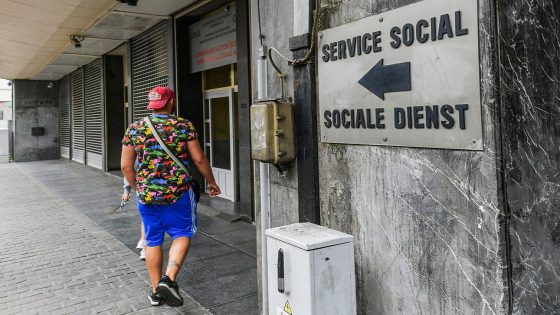The enforcement of the language legislation in Brussels local administrations remains a pressing issue, as revealed in the latest report released on 2025-05-23 16:35:00. Despite a steady increase in suspension advice cases over recent years, compliance with the bilingual requirements is still far from ideal. This ongoing challenge affects how public services operate in Belgium’s capital region.
- Strong increase in suspension advice cases
- Statutory staff appointments mostly comply language law
- Contractual staff appointments show low compliance
- Vice-governor suspensions led to zero annulments
- Parity in leadership roles remains legally unmet
- Local authorities must strengthen law enforcement efforts
In 2024, suspension advice cases slightly decreased compared to 2023 but remain significantly higher than in 2016. The disparity between statutory and contractual staff appointments under the language laws is striking, highlighting persistent obstacles to full bilingual integration. What does this mean for Brussels’ commitment to linguistic equality?
These developments raise important questions about the effectiveness of current measures and the willingness of local authorities to uphold the language legislation. Let’s explore the key findings and their implications.
Why does the language law struggle to gain full traction in Brussels’ local administrations? The data suggests several factors at play:
- Significant imbalance in leadership roles, with only 2 of 19 municipalities and OCMW bodies meeting legally required bilingual parity.
- Overrepresentation of one language group exceeding 75% in many administrations, sometimes leading to complete absence of the other group in leadership.
- Zero annulments of suspension advice decisions by the vice-governor, indicating limited enforcement powers and reliance on higher authorities.
Looking ahead, stronger, structural efforts from all involved authorities are essential to fully implement language legislation. Can Brussels achieve true bilingual governance without decisive action? The time for renewed commitment to linguistic equality in local government is now.
































